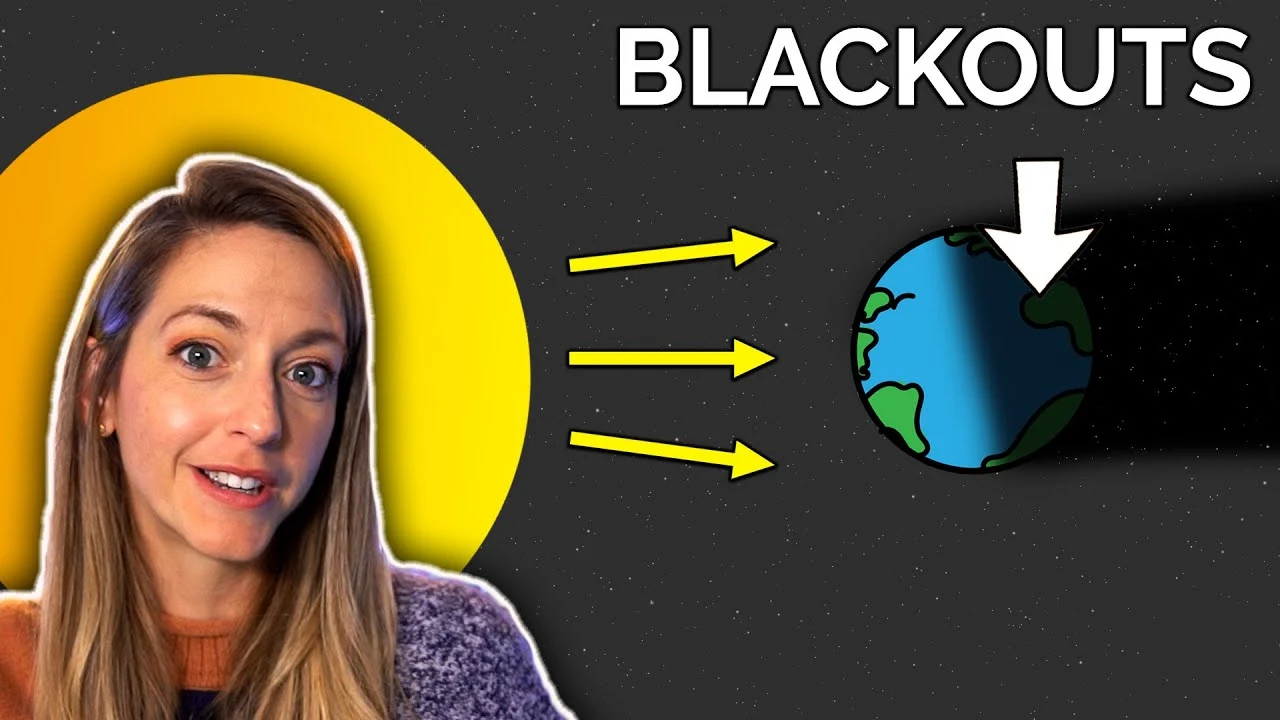19
The BIGGEST problem with clean energy
yt.artemislena.euTo reach our global goal of being net zero carbon emissions by 2050, we must solve one problem - energy storage. Thank you to Toyota for lending us the #Mirai and for sponsoring this series. Scientists, researchers, and engineers are working to develop innovative ways of addressing the intermittency of wind and solar energy. I got to talk to them in part 3 of my renewable energy road trip with Toyota in their #Mirai
Previous videos in this series:
The Truth about Driving a Hydrogen Car [https://youtu.be/hghIckc7nrY]
Hydrogen vs. Battery Electric Cars [https://youtu.be/dWAO3vUn7nw]
Upcoming video in this series:
Concentrated Solar
Creator/Host: Dianna Cowern
Editor: Levi Butner
Producer: Hope Butner
Production Assistant: Laura Chernikoff
Story Consultant: Patrick Muhlberger
Research: Sophia Chen and Erika Carlson
Support Physics Girl
https://www.patreon.com/physicsgirl
http://physicsgirl.org/
http://twitter.com/thephysicsgirl
http://facebook.com/thephysicsgirl
http://instagram.com/thephysicsgirl
Special thank you to our X-Ray tier patrons: Carlos Patricio, David Cichowski, Eddie Sabbah, Fabrice Eap, Gil Chesterton, Isabel Herstek, Margaux Lopez, Matt Kaminski, Michael Schneider, Patrick Olson, Vikram Bhat, Vincent Argiro, wc993219
Resources:
https://unfccc.int/sites/default/files/resource/LTS1_RKorea.pdf
https://highwaysengland.co.uk/netzerohighways/
https://iea.blob.core.windows.net/assets/beceb956-0dcf-4d73-89fe-1310e3046d68/NetZeroby2050-ARoadmapfortheGlobalEnergySector_CORR.pdf
https://www.iea.org/reports/net-zero-by-2050
Disclaimer: this video is sponsored by Toyota.



It’s not a problem insofar as it costs more than what we are doing now.
It may not happen because renewables and batteries are on such aggressive cost curves that it may be better to just store energy locally or produce more (and thus generate flexible high energy cost economic activity on top of the current energy demand that can happen whenever).
Transmission and distribution currently costs in the ballpark of 3-7c/kWh. Longer distances will drive this up. Overnight-scale storage will drive it down (allowing it to run 24 hours a day at x watts rather than 4 hours at 6x watts).
Solar energy is 1-6c/kWh. Overnight-scale battery is 2-7c/kWh. If you can rearrange your manufacturing so you do the energy intensive bit on a cheap machine on a sunny day and do the labour intensive bit on expensive machines in winter, you won’t consider transmission. If you can’t, you’ll weigh transmission against moving your factory to western australia or morocco or texas. Many processes have a drying or a reduction (removing oxygen with electricity or chemicals made from fossil fuels/electricity) or heating step that fills the first profile.
End result is there will be a mix with countries that have less seasonal variation having an advantage in industries that are less flexible (because hitting the worst-case load will require less infrastructure), and countries with more seasonal variation having a huge advantage in flexible industries (as their winter heating bills will subsidize the free summer solar). Transmission will play a role too (but how kuch is uncertain).